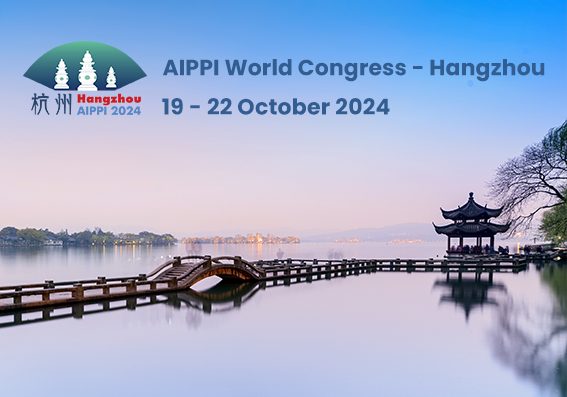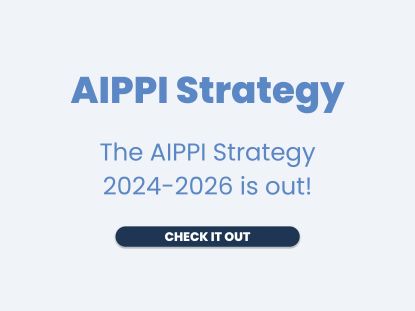News & Reports
AIPPI Position Paper on New Genomic Technique (NGT) Plant Patenting Proposal of the European Parliament
Standing Committee on Biotechnology and Plant Varieties

The 2024 AIPPI World Congress Sponsorship Brochure is here!
The 2024 AIPPI World Congress Sponsorship Brochure is here! Discover the opportunities to promote your organisation in Hangzhou (19-22 October 2024).

AIPPI – ASIPI webinar series collaboration on IP and Climate Change
We are excited about the successful webinar series launch of "IP and Climate Change" on 14 March.
Examining the Thin Line Between Obtaining Patents vs Protecting Trade Secrets
Organisations generally develop commercially viable inventions while developing new products and services. An important consideration is how to protect those inventions for their use. To protect such inventions, there are two ideal options available for an applicant: patents and trade secrets. Each of these options has its own specific requirements and advantages.
Opportunities in the Indian Telecommunication Sector
In an era dominated by digital connectivity and technological advancements, India’s telecommunication sector plays a pivotal role in facilitating communication, data transmission, and emerging technologies like 5G.

AIPPI Chinese Group Assigned Speaker to Support the 2024 ASEAN IPA Annual General Meeting & Conference
AIPPI Chinese Group, invited by ASEAN IPA and for the purpose of supporting its 2024 Annual General Meeting & Conference, assigned Mr. Chao Zhang, lawyer of NTD Law Office, as a panelist to participate in a panel discussion session of the Conference held by ASEAN IPA on 1-2 March 2024 in Jakarta, Indonesia.

